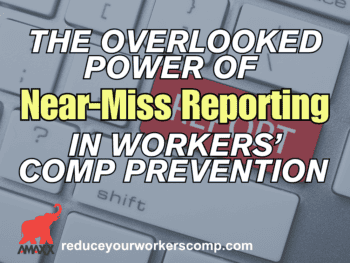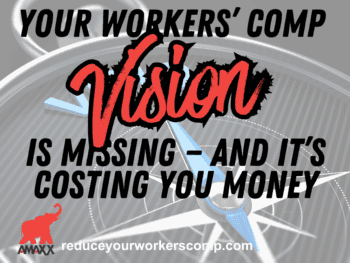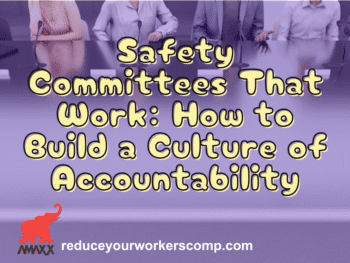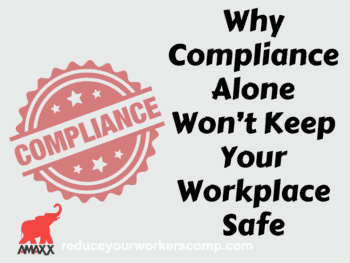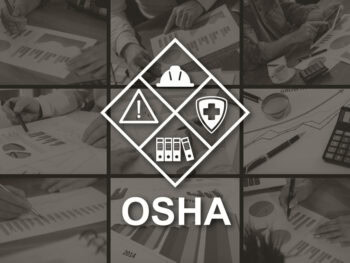1. Systems for managing the filling of industrial tanks of petrol were both deficient and not fully implemented
2. An increase in the volume of fuel passing through the site put unsustainable pressure on those responsible for managing its receipt and storage, a task they lacked information about and struggled to monitor. The pressure was made worse by a lack of necessary engineering support and other expertise.
3. A culture developed where keeping operations going was more important than safe processes, which did not get the attention, resources or priority status they required.
4. Inadequate arrangements for containment of fuel and fire-water to protect the environment.
1. There should be a clear understanding of major accident risks and the safety critical equipment and systems designed to control them.
2. There should be systems and a culture in place to detect signals of failure in safety critical equipment and to respond to them quickly and effectively.
3. Time and resources for process safety should be made available. (WCxKit)
4. Once all the above are in place, there should be effective auditing systems in place to test the quality of management systems and ensure that these systems are actually being used on the ground.
Author Robert Elliott, executive vice president, Amaxx Risks Solutions, Inc. has worked successfully for 20 years with many industries to reduce Workers Compensation costs, including airlines, healthcare, printing/publishing, pharmaceuticals, retail, hospitality and manufacturing. See www.LowerWC.com for more information. Contact: Info@ReduceYourWorkersComp.com or 860-553-6604.
SUBSCRIBE: Workers Comp Resource Center Newsletter
Do not use this information without independent verification. All state laws vary. You should consult with your insurance broker or agent about workers comp issues.
©2011 Amaxx Risk Solutions, Inc. All rights reserved under International Copyright Law. If you would like permission to reprint this material, contact Info@WorkersCompKit.com.


